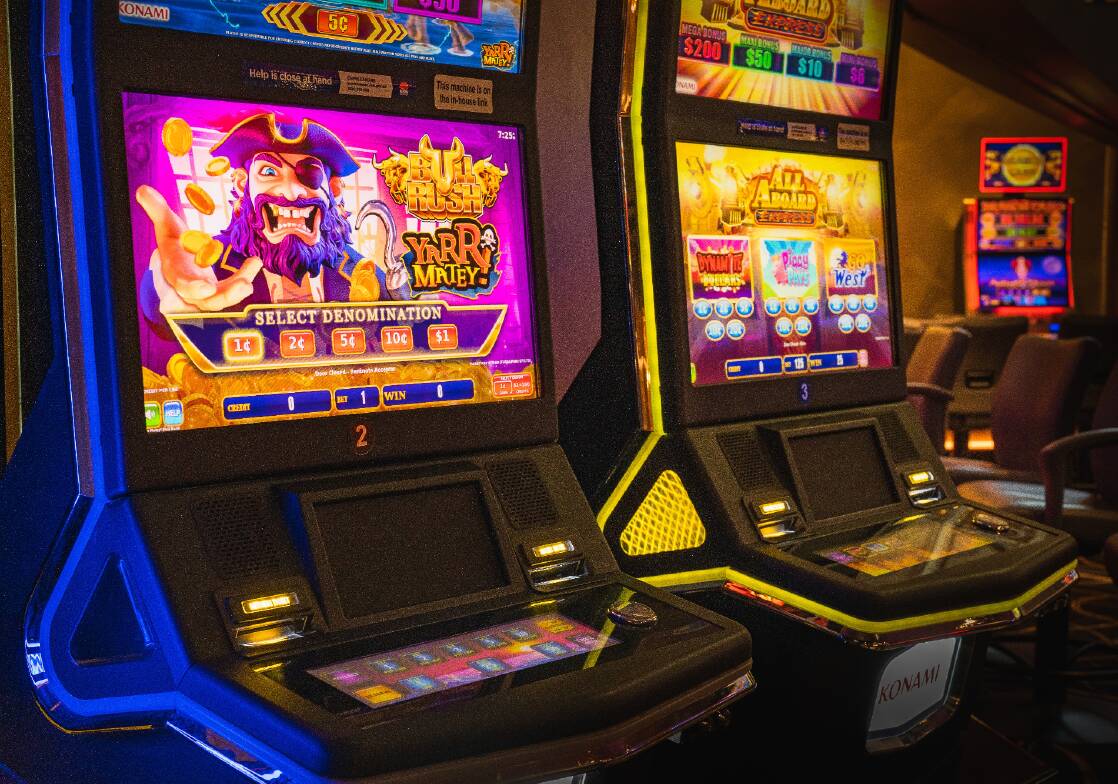
As a political junkie, I love watching TV series such as Yes Prime Minister. In one episode, PM Jim Hacker developed a policy to tackle the evils of smoking. He advocated raising additional taxes on tobacco, making donations to political parties illegal, and banning advertising and sports sponsorship. In this era (early 1980s), such radical policy changes to reduce the harm created by smoking seemed impossible. Yet, over the following 40 years in Australia, such a massive public policy reversal was achieved, and smoking rates have plummeted.
But what of that other great social evil - gambling, particularly that uniquely Australian addiction to poker machines? Although Australia has only 0.33 per cent of the world's population, we have 10 per cent of the world's pokies, half of them in NSW.
The Australian Institute of Health and Welfare found in September 2022 that 8 per cent of Australians were at some risk of experiencing gambling-related problems. This group lost $25 billion in 2019, the world's largest per capita gambling loss. Half of this was on poker machines, where problem gamblers lost an average of $6240 in 2019.
The extent of the damage has been well documented, including two Productivity Commission reports and numerous research studies. In addition, anti-gambling advocates, such as Tim Costello, have consistently pointed out in the media the destructive power of poker machines on individuals and families.
How has it come to this, and why haven't governments of all persuasions done anything about a product that has caused so much social harm? We have a highly profitable gambling industry and pliant governments who profit via taxes on this human misery. As Lake Macquarie Independent MP Greg Piper says: "we have got ourselves into a wicked situation where industry and government are too dependent on their revenue from failed gamblers".
Outgoing NSW government minister Rob Stokes gave a scathing assessment of the club industry's ties to pokies: "(This) gambling generates demonstratable social harm but negligible benefit. The community has had a gutful. We need to renegotiate the social contract with clubs."
Recent casino revelations make the need for government action on poker machines even more urgent. The current findings of the NSW Crime Commission and various inquiries into Australia's casino industry reveal that in addition to the proceeds of crime being laundered through these gambling venues, billions of dollars in 'dirty' money is also being gambled in pubs and clubs annually."
Surely this revelation should stir our parliaments to reign strongly in the poker machine industry. Yet only one serious attempt has ever been made at the national level to take meaningful action. This was by the Gillard federal minority government (2010-13). Unfortunately, its failure to achieve poker machine reform is a cautionary tale.
To guarantee enough votes in the House of Representatives to pass its legislation, Independent Tasmanian MP Andrew Wilkie, a fierce advocate of gambling reform, agreed to support the government in return for meaningful changes to poker machine laws. This included: dollar betting limits per play, pre-commitment technology, venue ATM withdrawal limits, and cost-of-play displays. The federal government drafted a bill including these measures but didn't legislate the reforms. Why not?
Ahead of the 2013 election, lobby group Clubs Australia blitzed 15 marginal ALP seats with billboards and targeted mail. They appealed directly to voters, turning a national gambling issue into an attack on local social and entertainment facilities. The campaign frightened the government's marginal seat members, and their terror soon percolated to their leader's office. As a result, the proposed anti-gambling legislation was dismantled - a significant triumph for the gambling lobby.
The only exception in Australia of a parliament taking united action on our addiction to poker machines has been in Tasmania. Cross-party support has been achieved for introducing cashless gaming cards in 2024.
Regrettably, there is still a divided parliament on this issue in NSW. The Liberal government members support it, the Nationals are against it, and the ALP says the cashless gaming technology needs more development - but proposes alternative ways of reigning in the pokies. With this lack of consensus between the political parties on what should be done, the attempt in NSW in 2023 to reform poker machine laws seems destined to fail.
As the state election looms, all political parties need reminding that a primary role of government in a democracy is to reign in the evils of unbridled capitalism.
Will the incoming NSW government pass this essential test by introducing practical measures to tackle the poker machine menace? Or will they continue to be compliant with the gambling industry in failing to protect some of the most vulnerable in our community?
Newcastle East's Dr John Tierney AM is a former Hunter-based Liberal federal senator
To see more stories and read today's paper download the Newcastle Herald news app here.







